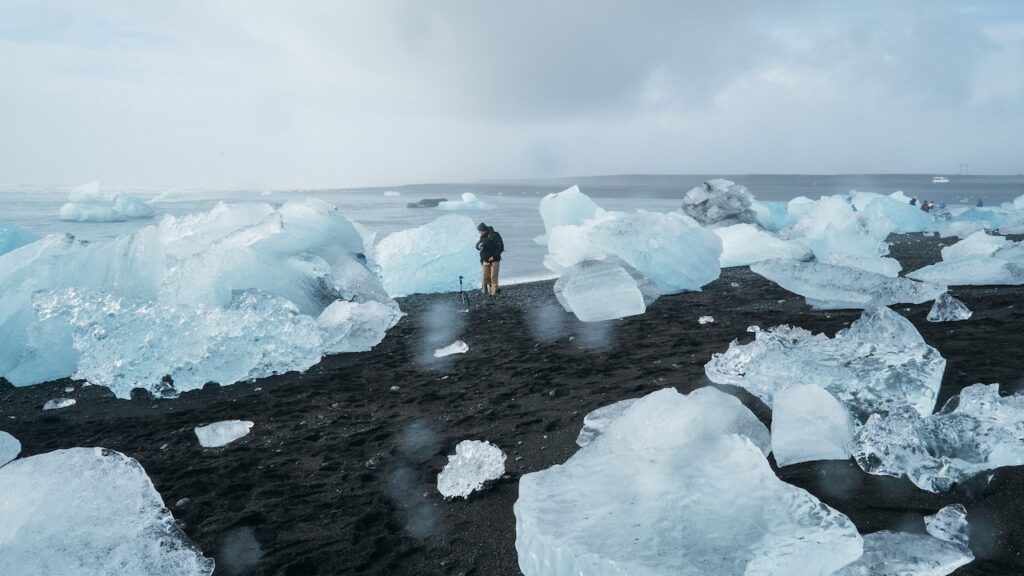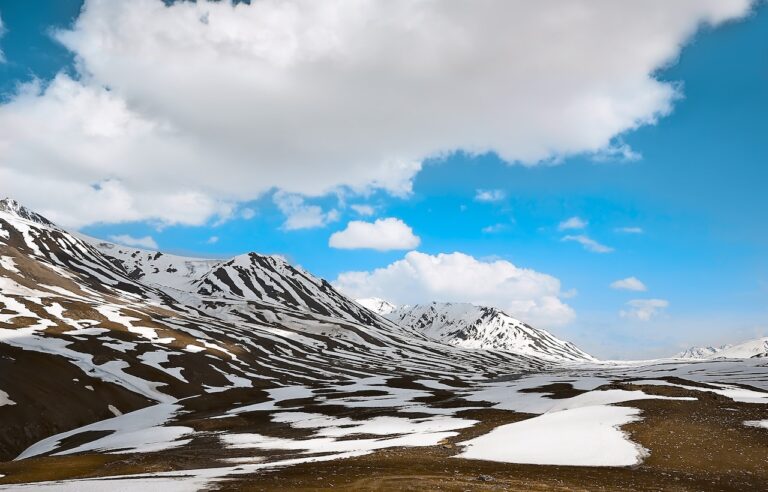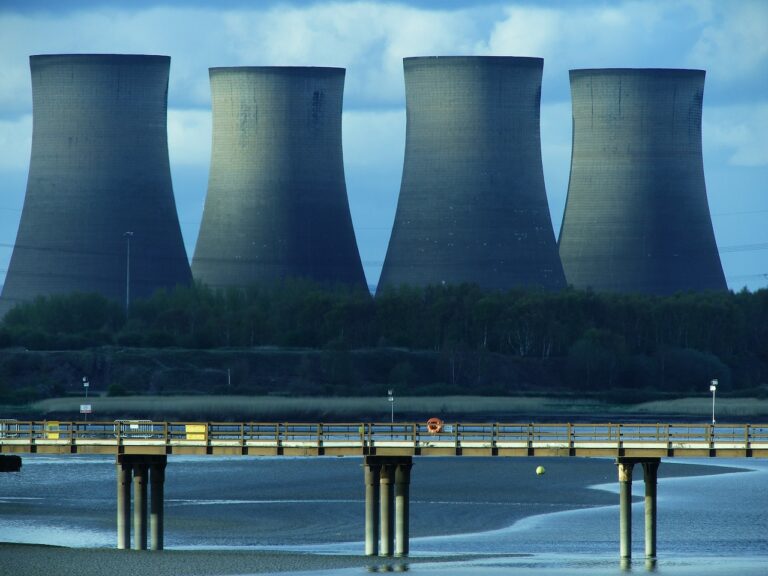Introduction
When we hear the term “climate change,” we often think of melting glaciers, rising sea levels, and endangered species. But here’s the twist: Climate change isn’t merely an environmental predicament; it’s a multidimensional challenge that intertwines with every aspect of our lives.
In this blog post, we’re going to journey beyond the conventional narrative and explore how climate change infiltrates economics, politics, social dynamics, and even cultural paradigms. Brace yourself for a mind-opening ride!

The Ripple Effect on Economics
Climate change transcends its environmental origins and plunges headfirst into the world of economics. Increasingly frequent natural disasters, crop failures, and changing weather patterns disrupt economies, leading to food and water scarcity, reduced productivity, and financial instability. Industries reliant on a stable climate, such as agriculture, fisheries, and tourism, face substantial challenges, which, in turn, affects job opportunities and global trade.
Questions to Ponder:
Climate change-induced economic instability profoundly affects individuals. Job uncertainty due to disrupted industries, higher living costs from supply chain disruptions, displacement, health issues, reduced education access, and psychosocial stress are common. Social unrest and a poverty trap can emerge. Addressing climate change isn’t just environmental; it’s essential for safeguarding people’s livelihoods and well-being.
Sustainable business and innovation help mitigate climate-induced economic shocks by fostering resilient supply chains, creating new job opportunities in green sectors, reducing resource dependence, and promoting adaptive practices, ultimately stabilizing economies.
Political Tremors
Peel back another layer, and you’ll find climate change shaking the very foundations of political landscapes. Scarce resources and the migration of climate refugees spark geopolitical tensions and conflicts over territorial rights. The decisions nations make about emission reductions, renewable energy, and international agreements become diplomatic cornerstones. Climate policies can unite nations in shared goals or strain diplomatic relations, highlighting the inextricable link between climate change and geopolitics.
Questions to Ponder:
Global politics can foster cooperation in addressing climate change by facilitating international agreements, sharing knowledge and resources, establishing emission reduction targets, and promoting diplomatic dialogue, creating a united front against cross-border climate impacts.
When political ideologies clash with climate action, progress stalls, leading to delayed policy implementation, weakened international cooperation, and hindered efforts to mitigate climate change’s escalating impacts.
Social Fabric and Disparities
Now, let’s delve into the social tapestry. Climate change widens societal gaps, disproportionately impacting vulnerable communities. Marginalized groups face the brunt of extreme weather events, displacement, and inadequate access to resources. The resulting social upheavals, protests, and unrest amplify the urgency for equitable solutions. Thus, climate change becomes an emblem of social justice, transcending environmental boundaries.
Questions to Ponder:
Ensuring inclusive climate solutions involves prioritizing marginalized voices, considering diverse needs in policy-making, investing in vulnerable communities, and addressing underlying social inequalities to create a fair and equitable transition to a sustainable future.
Individuals and communities can advocate for social and climate justice by raising awareness, participating in grassroots movements, pressuring policymakers for equitable policies, supporting vulnerable groups, and fostering sustainable lifestyles that promote fairness and environmental responsibility.
Culture Clash
Don’t be surprised when climate change spills into the realm of culture. Traditional practices, indigenous knowledge, and cultural identities are tied to natural environments. As ecosystems shift and biodiversity dwindles, cultures rooted in harmony with nature face the risk of erasure. This interplay reminds us that preserving cultural heritage is as crucial as saving our ecosystems.
Questions to Ponder:
Preserving cultural heritage amid environmental changes involves documenting traditions, adapting practices to new realities, integrating indigenous knowledge into conservation efforts, and fostering community engagement to ensure that cultural identities remain resilient and intact.
Diverse cultural perspectives enrich climate solutions by offering unique insights, traditional knowledge, holistic approaches, and a broader understanding of local ecosystems, enhancing the effectiveness and relevance of strategies for addressing climate change.
The Call for Action
Now, let’s ponder the inescapable truth: Climate change is a jigsaw puzzle with pieces scattered across diverse arenas. It demands collective action, interdisciplinary collaboration, and innovative solutions. To tackle climate change, we must understand that every decision, from the political policies we endorse to the products we consume, influences this interconnected web.
Questions to Ponder:
Individuals can empower themselves to make environmentally conscious choices by educating themselves about sustainable practices, reducing waste, conserving resources, supporting eco-friendly products, and advocating for greener policies through informed consumer decisions and active engagement.
Small actions like reducing single-use plastics, conserving energy, using public transport, and supporting sustainable businesses can collectively drive demand for eco-friendly practices, influence policies, and inspire a broader cultural shift towards combatting climate change.





It is perfect time to make some plans for the
future and it’s time to be happy. I’ve read this post and if
I could I desire to suggest you few interesting things or tips.
Perhaps you can write next articles referring to this article.
I wish to read even more things about it!
I am not sure where youre getting your info but good topic I needs to spend some time learning much more or understanding more Thanks for magnificent info I was looking for this information for my mission